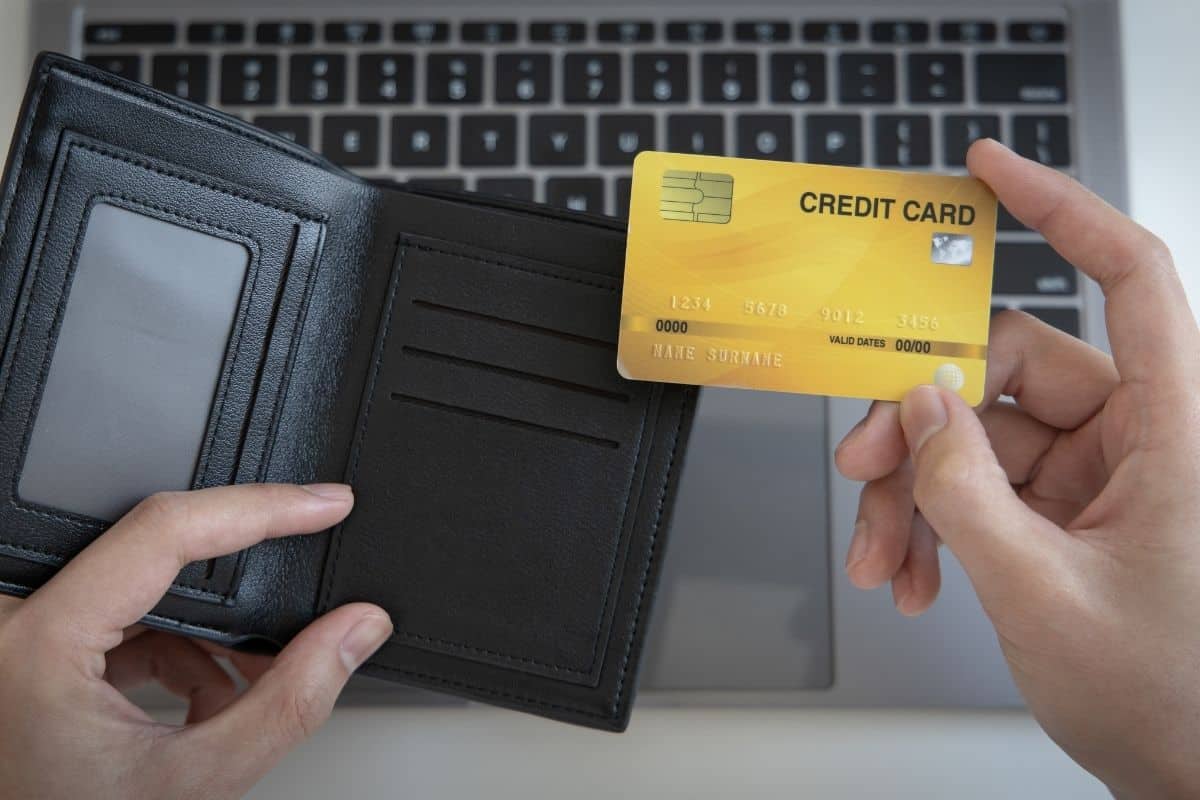Without at least a year of credit history, you may struggle to get approved for any credit. When learning how to get a credit card, this is one of the biggest hurdles. However, once you overcome this, banks are almost too eager to offer you credit cards. Unfortunately, not all cards are worth having.
Table of contents
What Are Some Benefits of Owning a Credit Card?
Almost everyone knows someone who racked up way too much debt and spiralled down a dangerous hole. Still, there are good reasons to learn how to get a credit card and execute your plan:
- Spreading out the cost of bigger purchases
- Gaining access to capital for emergencies
- Earning rewards for everyday purchases
- Having payment flexibility when your pay schedule changes
- Freeing up cash for other uses
Who Should Get a Credit Card?
The way lenders tell it, almost everyone should have at least one. Ideally, you should have good money management skills and self-discipline before getting one.
Working Adults
If you are currently a student or unemployed, most banks will think twice about giving you a card, even with good credit. Working adults have much higher chances of approval.
Bankruptcy Filers
After filing for bankruptcy, the last thing you may want is to slip back into old habits. However, credit cards can help you rebuild your credit.
Future Homeowners
If you plan to purchase a home, get a credit card. Banks need to know you can handle different types of debt before offering you a big loan.
Travelers
If you travel often, credit cards offer many perks. Common ones include travel miles, travel insurance or points you can redeem for discounts on flights.
When Should You Get a Credit Card?
Timing is everything when it comes to getting a credit card. There are specific points in your life when getting a credit card may prove helpful or necessary.
At 18
In the past, many parents abused the credit scores of children after ruining their own. Consequently, credit cards became closed to minors. After turning 18, apply for a credit card so you can get a head start on building your credit.
Good Credit
If your parents have good credit scores, ask them to add you to their credit card accounts. You get to absorb their credit histories, which gives you a great launching pad for much better credit card terms.
Good Offers
If you find a good offer or a credit card company sends you one, it may be worth considering. Zero-APR offers are among the best you can get. Store cards may also offer special financing.
Debt Repayment
Why would you take on new debt to pay off old debt? Some debts are cheaper than others. This is why so many people refinance homes, cars and personal loans. Balance transfer cards allow you to do the same with credit card debt.
Examples of How To Get a Credit Card
In the summer before college, Anna turned 18. Hoping to get a head start on college finances, she applied for a credit card, but the bank denied her because she had no credit history. Anna’s parents have good credit histories, so she asked each parent to add her to an account. One parent kept the card out of fear she might misuse it, but the other gave her the card and spent time teaching her how about how credit works.
After six months, Anna checks her credit score. She has a 720 credit score and has absorbed five years of credit history, based on the age of the accounts her parents added her to. She also begins to receive offers, including one from Uber. She reviews her offers to determine which has the best terms and what cards she is most likely to get approved for. After finding a part-time job, she applies for two credit cards online. Both banks approve her with spending limits of $2,000.
Steps for How To Get a Credit Card
The example above illustrates the ideal path to securing a credit card. However, not everyone has parents who have great credit scores or who are willing to add them to their accounts. Here are alternative steps almost anyone may find useful:
- Open a savings or checking account with your local credit union.
- Apply for a credit builder loan with the credit union or another bank.
- Find out if any family member or friend has good credit and can add you to an account.
- If individuals with good credit express concern that you may ruin their credit with inexperience, offer to let them keep the card.
- Check your credit score after six months or so.
- When you have a credit score of at least 620, check the credit union and other banks for offers.
- Apply for one or two credit cards that you feel confident you may get approved for.
- Use your approved card(s) responsibly, wait at least one year and apply for a card with better terms.
Quick Questions
How many credit cards does the average American have?
CNBC estimates that Americans have an average of four cards. If you have a low income, it is easier to expand your credit limit by getting new cards than to ask for an increase. High total available credit boosts your credit score.
What does APR mean?
APR is the abbreviated form of the annual percentage rate. In its simplest form, APR is how much money you pay back in interest for borrowing money from the bank each year.
What is revolving credit?
Revolving credit refers to debt that has no preset payment values and no predetermined end date for the loan. Credit cards are revolving credit, but some store cards may operate like installment loans.
Need more advice on how to get a credit card and manage revolving debt? Our blog provides answers to these questions and more.
